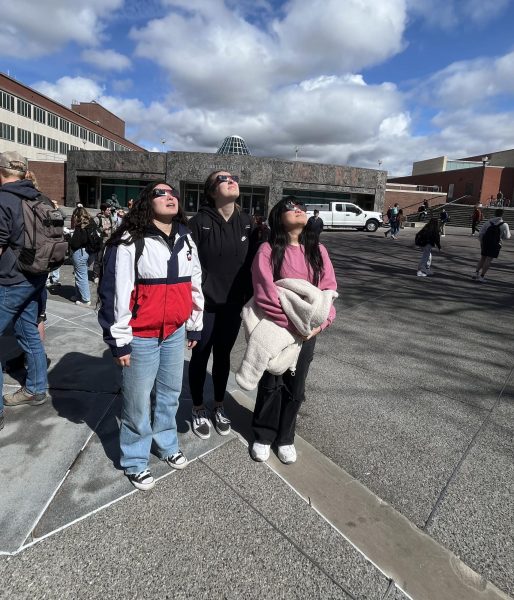Airport board discusses costs, ebola
October 30, 2014
The board that oversees the Pullman-Moscow Regional Airport addressed varied topics at its monthly meeting on Wednesday, from the facts on Ebola to the plan for a new runway.
The Federal Aviation Administration (FAA) and project consultants are in the process of reviewing public comments on the draft environmental assessment for the runway project, which has a base cost of about $89.1 million and a contingency cost of about $29.9 million.
The assessment, which was published on Aug. 20, demonstrates potential environmental impacts of realigning the runway.
During the window for public comment on the assessment, which closed on Oct. 6, the board received comments about land acquisition and the placement of the new runway near residences.
Airport director Tony Bean said these comments are “nothing overly concerning” and that they will be addressed in the final environmental assessment.
The airport is owned by the city of Pullman and operates in conjunction with the city of Moscow. The FAA is slated to allocate 90 percent of the total renovation cost as federal law mandates a local match of 10 percent.
However, an Idaho airport conducting a similar project would be required to pay only 6.25 percent of the total cost. Because Pullman-Moscow Regional draws extensive business from both sides of the border, the city of Pullman petitioned the Washington State Senate to split the difference for a burden of 8.125 percent.
Congresswoman Cathy McMorris Rogers will visit Pullman on Friday for a tour of the airport and a status update on the runway project.
In light of national news coverage of Ebola Hemorrhagic Fever, the airport board reviewed information on the disease from the Centers for Disease Control and Prevention (CDC).
The risk of contracting Ebola on a flight into the Pacific Northwest is minimal to none, Bean said, “But the information needs to get out there so people are getting the right information, not news from Facebook or something.”
The Ebola virus is not spread by air, water, food or infected people who don’t show symptoms. One must come into contact with an infected person’s bodily fluid – like blood, urine, saliva or feces – to contract the disease.
Bean said that no flights from West Africa land in Seattle and that extensive screening for the virus prevents outbreaks in the U.S.
Reporting by Chad Sokol





















